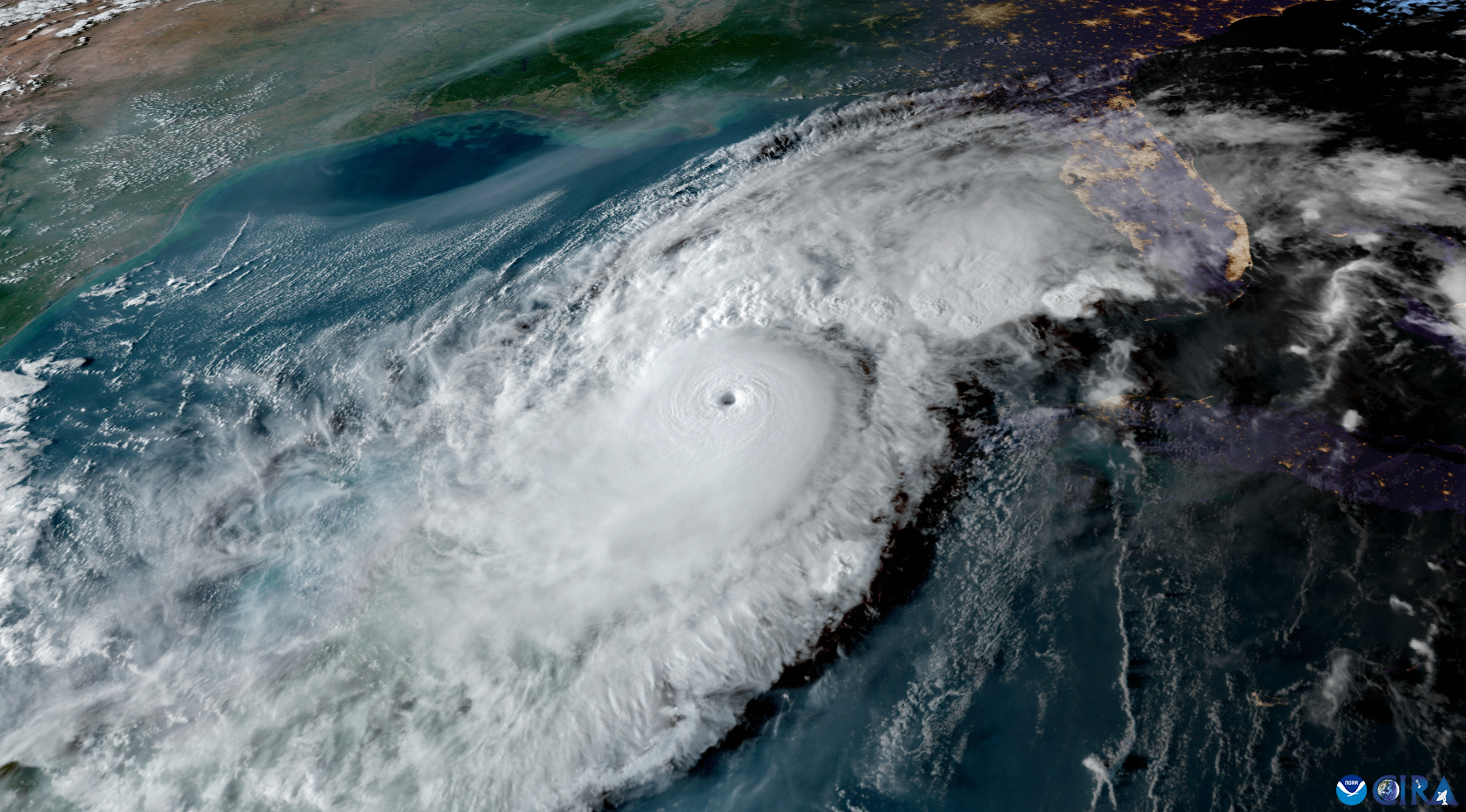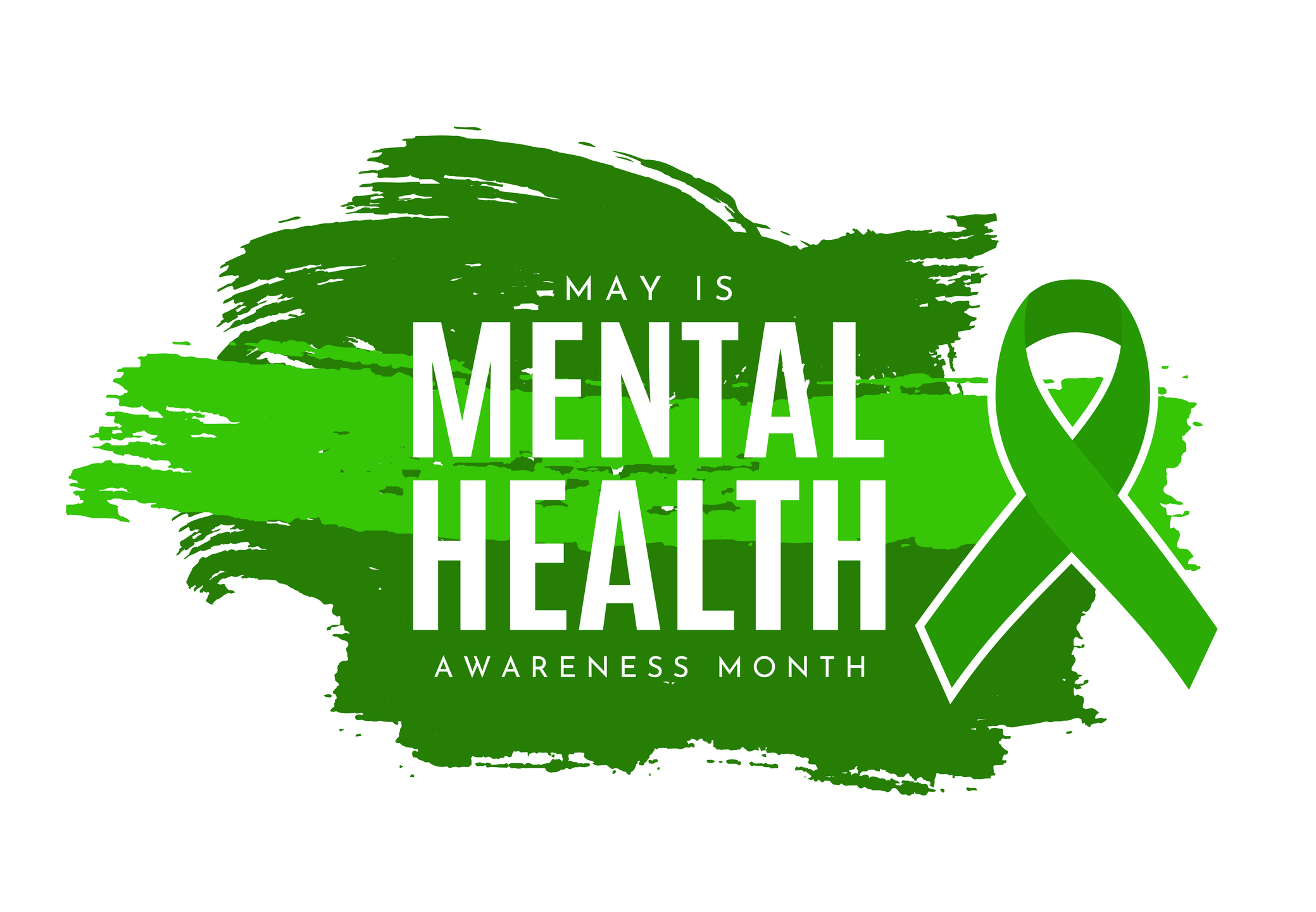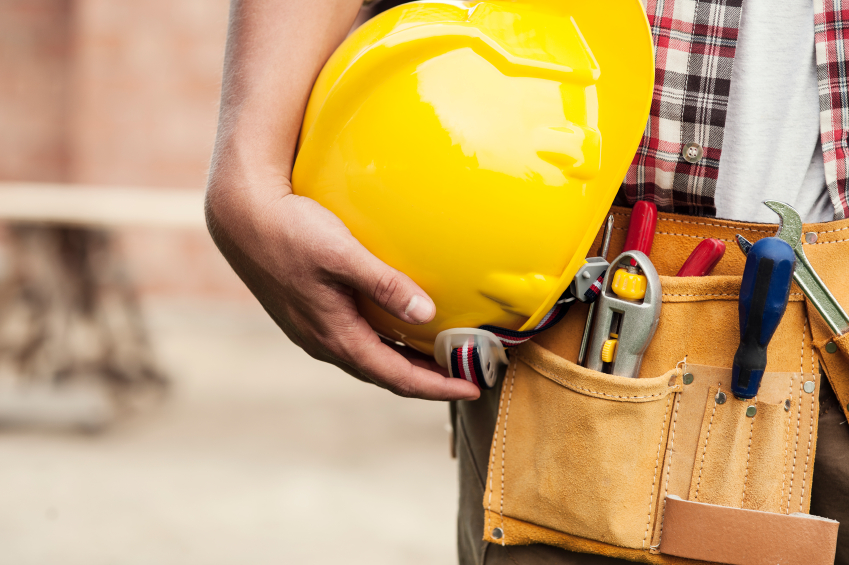As the COVID-19 pandemic continues to create operational, financial and safety challenges for the construction industry, we have focused our efforts over the past few months on helping clients understand and address these issues. Construction industry leaders should consider these elements as they navigate the current insurance and risk management landscape as it relates to COVID-19.
Government Legislation & Liability Issues
General liability policies do not typically exclude coverage for virus or communicable disease, but this does not guarantee you will be able to find coverage. We anticipate disputes over whether exposure to COVID-19 is considered an “occurrence” or an “accident” in order to trigger coverage under the policy. In the longer term, carriers may outright exclude coverage related to communicable diseases.
A recent development in this space is the introduction of legislation roughly modeled after the Terrorism Risk Insurance Act (TRIA) put in place after 9/11. The Pandemic Risk Insurance Act of 2020 (PRIA) would establish a Federal program to provide business interruption coverage in the event of a pandemic. It remains to be seen what this Act will look like if weaves its way through the legislative process.
In any case, you can read more about potential limitations of business interruption coverage today here.
Workers’ Compensation
Under normal circumstances, an employee must prove that an injury was caused by an “accidental personal injury” or “occupational disease”…“arising out of and in the course of employment” for it to be compensable under a workers’ compensation policy. Because it is difficult to trace COVID-19 back to the workplace, many insurance professionals initially felt the illness was unlikely to result in many workers’ compensation claims (except for essential workers like health care professionals and first responders). However, new developments in California and other states have challenged this, allowing workers’ compensation benefits to be triggered without the employee proving the illness was contracted at work. You can read more about New Jersey’s legislation here.
While it remains to be seen whether all states will follow this trend, businesses can best protect themselves from these claims by instituting sound safety policies that are consistent with the latest guidance available and ensure that records of compliance are maintained.
Insurance Carriers
Many of our insurance carrier partners have been flexible and willing to work with clients during this unprecedented situation, but this can vary across carriers. Because preserving cash flow can be critical, we’re working with clients to help them negotiate potential adjustments, such as:
- Reduced minimums to meet extreme changes in volume
- Credits on certain lines of coverage (many carriers are providing auto liability lay-down credits for idle vehicles)
- Mid-term audits to return any overpayment more quickly
Focus on Safety
Proactively, what construction companies can control is executing safety best practices that will protect their employees. We are urging our clients to abide by the latest recommendations provided by the Centers for Disease Control (CDC) and The Occupational Safety and Health Administration (OSHA), including maintaining six feet of social distance whenever possible, wearing masks or face coverings, administering testing of workers before entering jobsites and staggering shifts where possible.
We have been with our clients every step of the way as we navigate these uncharted waters together. It is important to note that there is no one-size-fits-all approach to combating the impacts of insurance and risk management factors. If you have any additional questions, we encourage you to reach out to your Graham Company account lead who can work with you to address your needs and file claims, if appropriate.

Philadelphia, PA, 19102








EB.jpg)